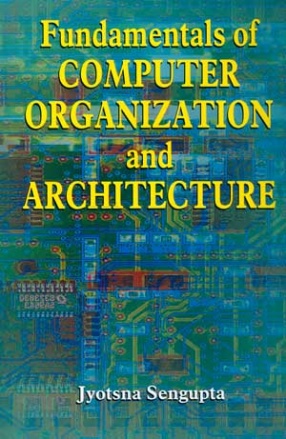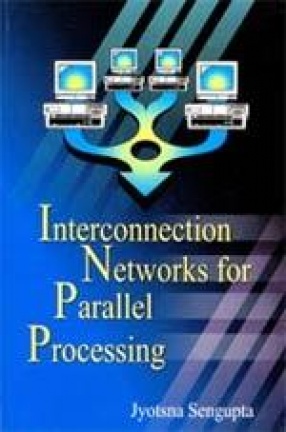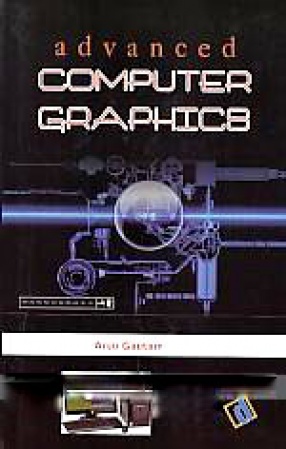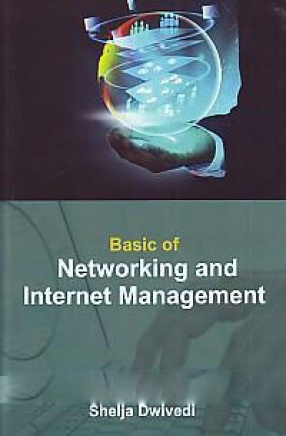The book "Fundamentals of Computer Organization and Architecture" presents basic principles and design concepts of different units of a computer. It explains the entire process of computation in different unit of a computer that is involved in transformating a program written in high-level language within the computer till its output results
The book is divided into eight chapters. The sequence of these chapters is based on treating study of computer architecture at different levels where each level requires some kind of decoding before it reaches the lowest level, the digital logic level, where the actual computation takes place. Chapter 1 provides an introduction to the broad subject of Computer Architecture and describes the historical computers. Chapter 2 presents the concepts and design of logic circuits that are basic building blocks of the digital computer. Chapter 3 describes the fundamentals of the computer organization. The external and internal design and functioning of the CPU is thoroughly explained. Chapter 4 gives details of the Control Design of the CPU. Both the methods, i.e. Microprogrammed Control and Hardwired Control design have been clarified by providing suitable examples. Chapter 5 explains the architecture based on the Instruction Set of a Control Unit. Register transfer notation and assembly language notations are used to clarify the actions performed within the CPU. Chapter 6 gives details of the memory unit of a computer. The chapter introduces hierarchy of memory available in a computer system. To solve the problem of attaining fast, large, and inexpensive memory, many different structures and organizations are presented. The memory structure characteristics as well as various memory technologies have been covered. Chapter 7 describes the Input/Output or I/O sub-system that are the collection of interface that different functional units of a computer used to communicate with each other, or the outside world. Typical devices for communication between computers, such as modems and network cards, are for both input and output. It has been explained in detail. The last Chapter 8 deals with the concepts of Parallel Processing, which are used to achieve very high performance and reliability. It provides the basic structures of Pipeline and Vector Processors and also introduces various characteristics of Multiprocessors. The characteristics and functions of processors are studied before considering them for the use as a multiprocessor.
The contents covered are appropriate for students of courses in B.Tech., MCA or M.Tech. with specialization in Computer Science, Information Technology, Electronics or Electrical Engineering. Even students who have no knowledge of computer architecture can comfortably learn the basics in the simple language used for explanation in the text.






There are no reviews yet.